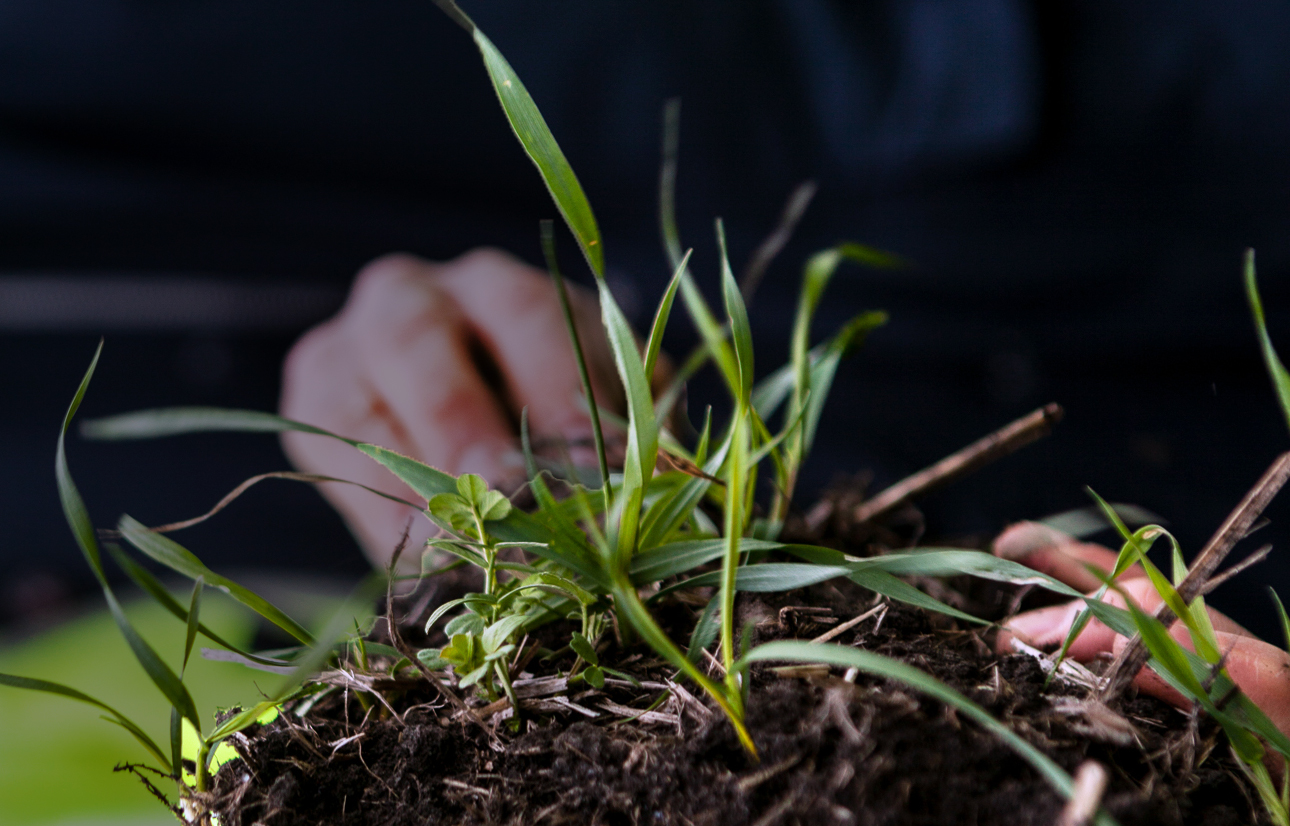AgroTerra analyzes the results of its greenhouse gas emissions reduction project

AgroTerra started to analyze the results of its pilot program aimed at the reduction of greenhouse gas emissions. The first findings confirm the efficiency of the technologies tested.
In 2021, AgroTerra announced its plans to reduce GHG emissions by 40% by 2025, along with enhancing its economic stability. With this goal, AgroTerra plans to change the technology used in its fields. To define future changes, the company has launched a large pilot covering an area of 840 ha. The pilot was based on recommendations from European advisors developed specifically for AgroTerra.
“Of course, the climate and the soil are different," said Anton Andreev, director of agronomy innovations. “That is why we chose to conduct experiments on different fields in the area stretching for 250 km from north to south and 650 km from east to west. It means we conduct our experiment in three climate zones and on five types of soil. The results will allow us to estimate the impact of different factors on the efficiency of the recommendations we received.”
With this pilot, AgroTerra tested various technologies to reduce GHG emissions, such as crop rotation, cover crops, reduced tillage, crop residue management, associated and companion crops.
“Not all of the technologies we tested were efficient. For example, we got zero effect with spring wheat,” added Anton Andreev, director of agronomy innovations. “However, we came up with changes, and we will continue these experiments to find optimal and provable technologies for greenhouse gas sequestration.”
AgroTerra has just started to analyze the results of the pilot. Experts are currently looking into environmental data together with advisors, but the final assessment will be completed after economic data is processed.
“Evidently, GHG emissions reduction technologies entail the risk of decreasing margins. In fact, we saw a decrease in soybean and sunflower yields along with highly efficient GHG emissions sequestration. Neither we nor other crop producers are ready to sacrifice the economic stability of the company. The challenge we face is to find the technologies that will help not only to reduce GHG emissions but also achieve our economic targets,” noted Valery Redkin, Director of the AgroTerra Technology Development Center.
